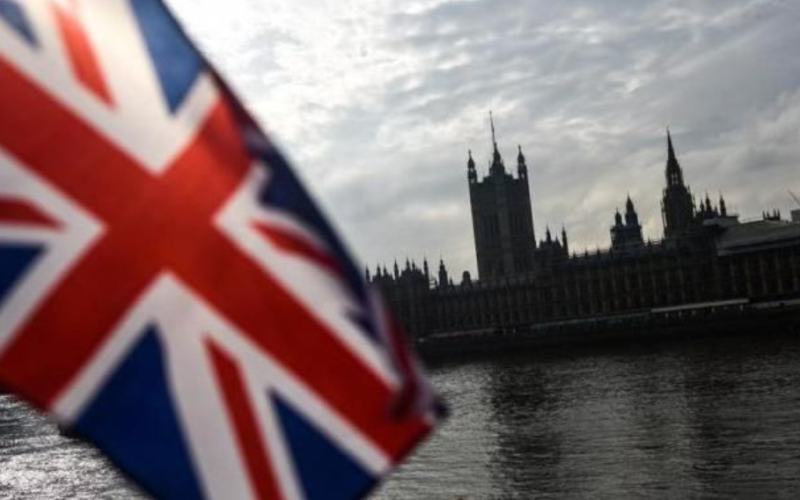In response to ongoing geopolitical concerns and Russia’s actions on the international stage, the United Kingdom has recently introduced a series of targeted sanctions designed to exert pressure on foreign suppliers associated with the Russian government. This strategic move reflects the UK’s commitment to addressing global challenges through diplomatic and economic means, signaling a firm stance against actions perceived as contrary to international norms.
The imposition of these sanctions is situated within the broader context of the UK’s response to Russia’s conduct in various geopolitical arenas. From issues related to territorial disputes to alleged interference in foreign affairs, the UK government aims to signal its discontent with Russia’s actions through targeted measures that directly impact foreign entities linked to the Russian government.
The primary objectives of these sanctions are to hold foreign suppliers accountable for their associations with Russia and to discourage any support that may inadvertently contribute to actions deemed detrimental to international peace and stability. By specifically targeting suppliers, the UK seeks to disrupt the channels through which Russia may receive support and resources from abroad.
The implementation of sanctions is a diplomatic tool that allows countries to express disapproval and seek changes in behavior without resorting to military actions. In the case of the UK’s sanctions targeting foreign suppliers, the emphasis is on utilizing economic and diplomatic pressure to influence the conduct of nations involved in supporting Russia’s activities. This aligns with the broader international trend of employing targeted sanctions as a means of addressing geopolitical challenges.
Foreign suppliers affected by the new UK sanctions will likely face a range of consequences, including restrictions on financial transactions, travel bans, and freezing of assets. These measures are intended to create a tangible impact on the operations and capabilities of entities perceived as contributing to actions contrary to international norms. The UK’s move signals its commitment to holding accountable not only the Russian government but also those who provide support from abroad.
While the UK is taking unilateral action, the issue of addressing Russia’s behavior is inherently international. The imposition of sanctions by the UK aligns with broader efforts within the international community to respond collectively to actions that pose challenges to global security and stability. The UK’s move contributes to a larger narrative of collaborative diplomatic efforts to address geopolitical concerns.
The implementation of sanctions is a complex process that requires careful consideration of potential repercussions. As the UK takes steps to target foreign suppliers associated with Russia, the international community will be closely monitoring developments and responses. The effectiveness of these measures, their impact on diplomatic relations, and any potential adjustments in the face of evolving geopolitical dynamics will shape future discussions and actions.
In conclusion, the United Kingdom’s decision to implement new sanctions targeting foreign suppliers in response to Russia’s actions reflects a calculated diplomatic move. As the international community observes these developments, the effectiveness of these measures and their impact on diplomatic relations will be closely scrutinized, highlighting the intricate nature of addressing geopolitical challenges through economic and diplomatic means.








